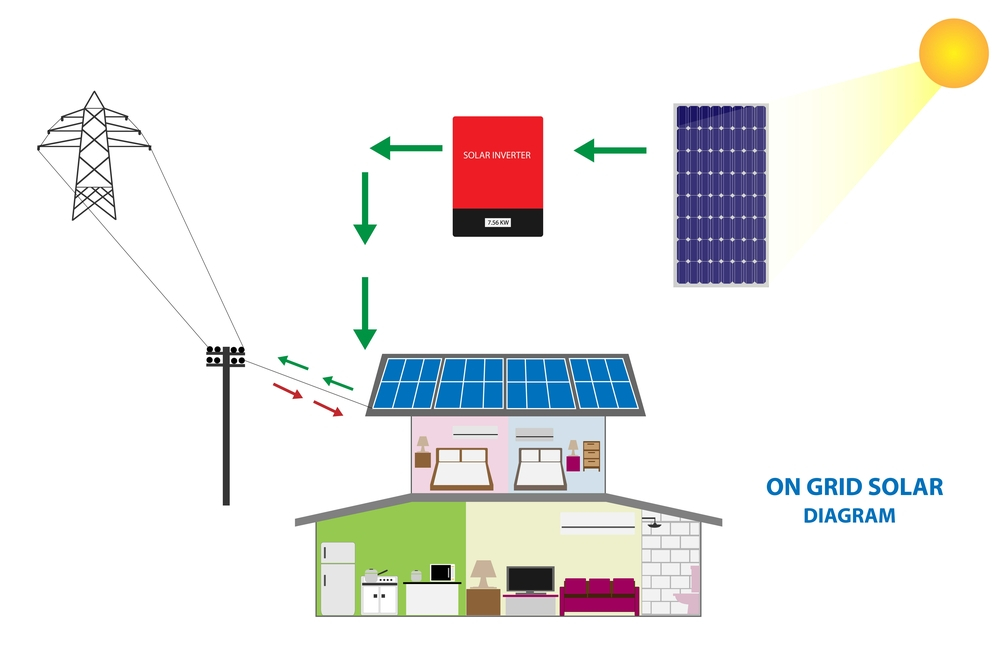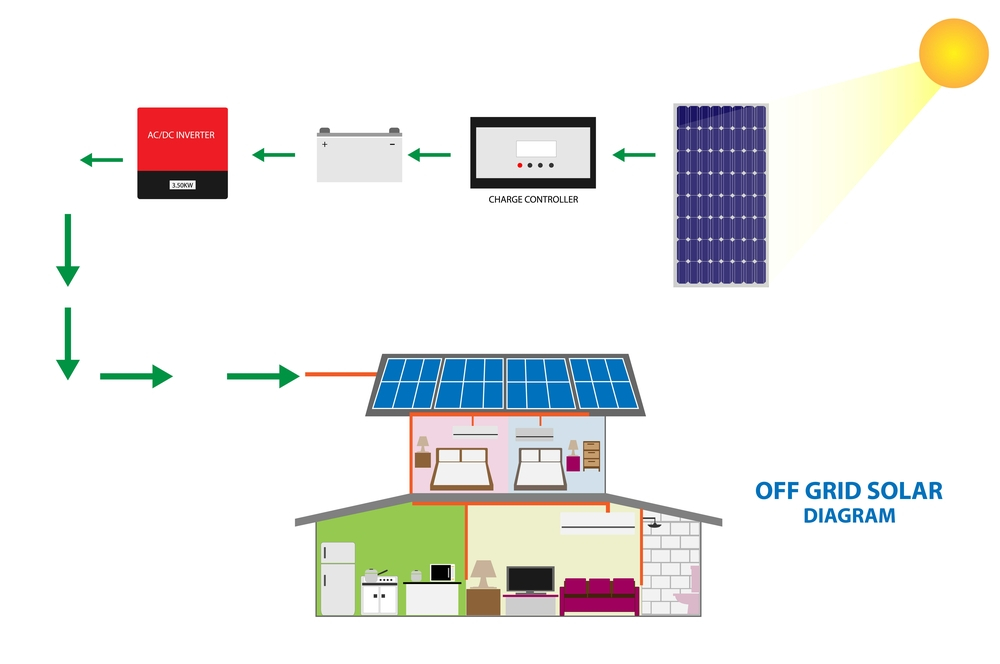The Best Types of Solar System You Can Install in India
With the ascend of industrial solar panels and popularity of residential applications of such renewable source of energy, Indian power problems seems to have a solution. The development of interest for commercial solar panel installation has pushed the market to offer cheaper systems.
According to a report, 2021 has been the year when the installation of solar on the rooftop has been cheapest at an average rate of Rs 6.6-6.8/kWh. Such more affordable options and advanced solutions will enable several installations of solar power for homes.
However, there are several options for you to choose and it can get a little confusing if you don’t know much about the solar system. So, here are the top types of solar systems you can install at your home in India.
Types of Solar Systems for Home Installations
Solar panels harness the energy of sun rays to provide power for applications like agriculture, residential, industrial, and commercial purposes. However, knowing the types of solar systems can help you understand their usage and suitability for your purpose.
1. Solar Power Grid System

A solar power grid system has panels connected directly to the grid. One of the key benefits of installing an on-grid solar system at your home is the possibility of earnings. The generated solar energy is first used in the house, and then the excess can be fed back to the grid for which you can receive credits.
Key Benefits:
- Usage of inverters by on-grid systems ensure lower energy loss during the conversion
- Safety devices are installed to ensure isolation of solar panels in case of grid accidents
- Continuous power supply without any disruptions
2. Off-grid Solar Systems

An off-grid solar system is also known as a stand-alone system that provides electricity even in remote areas where there is no facility for grid power. It consists of rooftop or solar panels mounted on the ground with a battery bank, an integrated backup DG set, and an inverter.
DG or Diesel Generator sets are backups often used in scenarios where the demand is higher than usual. With modern technologies and innovation, off-grid solar systems can be controlled remotely and monitored for higher performance.
Key Benefits:
- Easy to install with low maintenance
- Offers remote capabilities for solar power conversion
- More efficient than several other solar systems
3. Voltage Frequency Drive (VFD) System

VFD-based solar systems are primarily used for powering pumps, especially in the agriculture sector. However, several industries also leverage these solar systems for different applications. It consists of solar panels, system controllers, an electric motor, and a pump.
A VFD is a system that controls the frequency or speed of an electric motor. It reduces the need for an inverter or battery bank and facilitates converting electric energy into mechanical energy for pumping purposes.
Key Benefits:
- No need for inverters or battery banks that can increase the cost
- Easy to install setup but can have more maintenance due to moving parts
- Reduces surge current at the motor startup for efficient performance
Conclusion
With the rising demands of energy for residential and industrial purposes with declining non-renewable sources, you need to look past conventional options. Solar energy is not just affordable but also a convenient alternative to traditional sources of energy. However, no power generation system is 100% efficient, that is where Electro Line can help.
It is a solar energy company in Vadodara that offers different solar-based solutions for your home. So, why rely on your costly and conventional energy source when you can switch to solar power.





